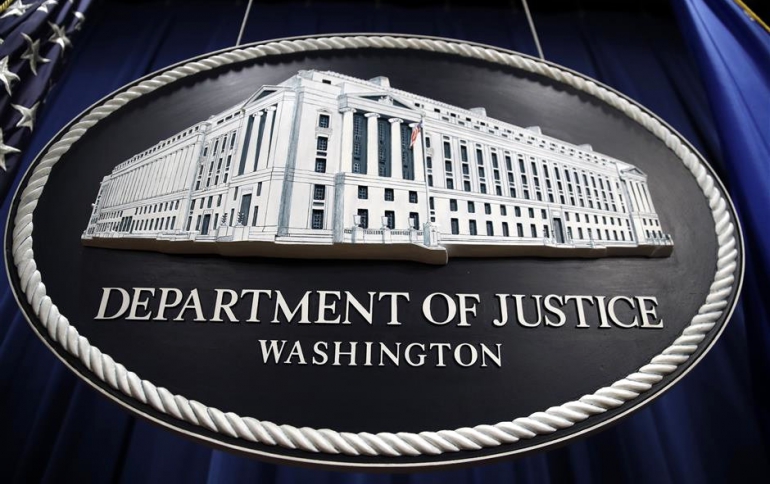
DoJ Antitrust Chief Warns Big Tech Over Data Collection
The Justice Department’s top antitrust official on Friday warned Big Tech that the U.S. government could pursue them for anticompetitive behavior related to their troves of user data, including for cutting off data access to competitors.
“Antitrust enforcers cannot turn a blind eye to the serious competition questions that digital markets have raised,” Assistant Attorney General Makan Delrahim told an antitrust conference at Harvard Law School.
Lawmakers have accused the Department of Justice and the Federal Trade Commission of wasting time arguing who would investigate which tech company, amid a broad investigation into firms like Google, Amazon, Facebook and Apple.
Delrahim's office is currently investigating companies including Google while the Federal Trade Commission probes Facebook. The House Judiciary Committee is conducting an inquiry looks at those two companies plus Amazon and Apple.
He said some of the most interesting and alarming legal issues raised by the rise of the digital economy are in the “collection, aggregation and commercial use of consumer data,” which he called “analogous to a new currency.”
Delrahim said his office is studying “the ways market power can manifest in industries where data plays a key role,” particularly when large amounts of data are amassed that are “quite personal and unique in nature” and offers insight into “the most intimate aspects of human choice and behavior, including personal health, emotional well-being, civic engagement and financial fitness.
The acquisition of such data is especially valuable for companies in the business of selling predictions about human behavior, he said. That’s how Google and Facebook attract targeted advertising.
Robust competition can spur companies to offer more and better privacy protections, Delrahim said.
The U.S. Justice Department antitrust chief also said that existent U.S. antitrust laws are “flexible enough” to address harm caused by technology companies.
“Some have suggested changing the antitrust laws, creating new agencies or even regulating the conduct of some firms ... it bears repeating that our existent framework is flexible enough to detect harm in any industry and emerging ones,” Delrahim said.




















